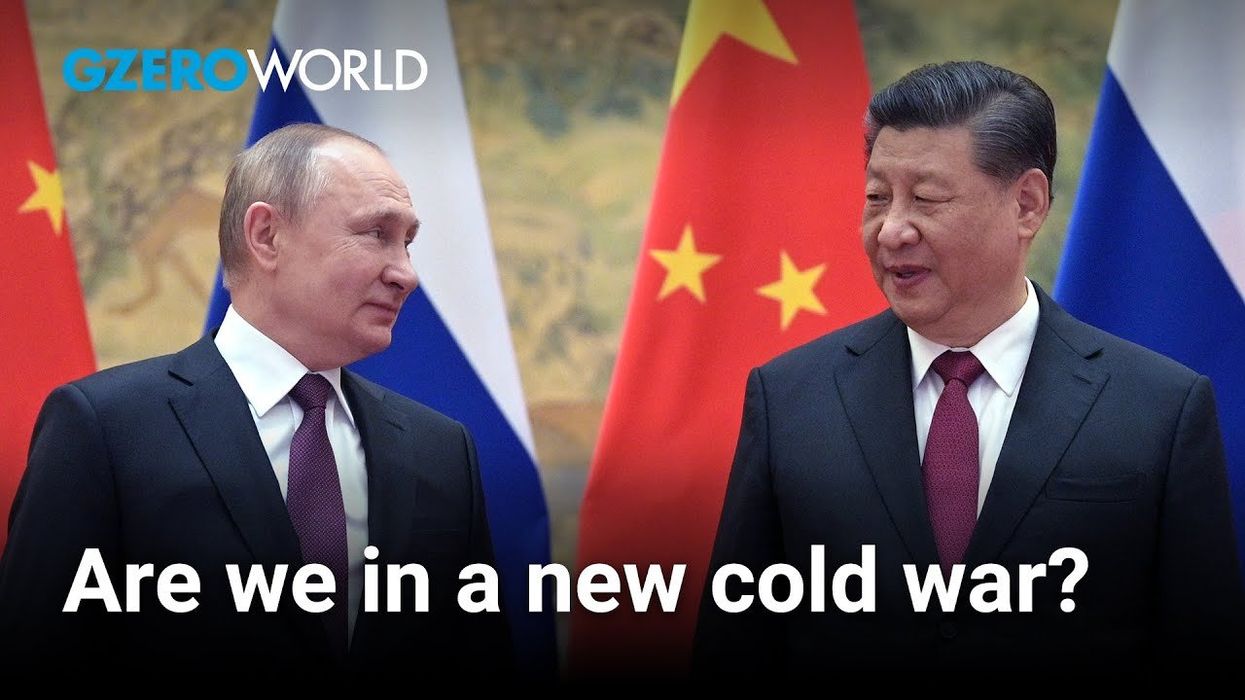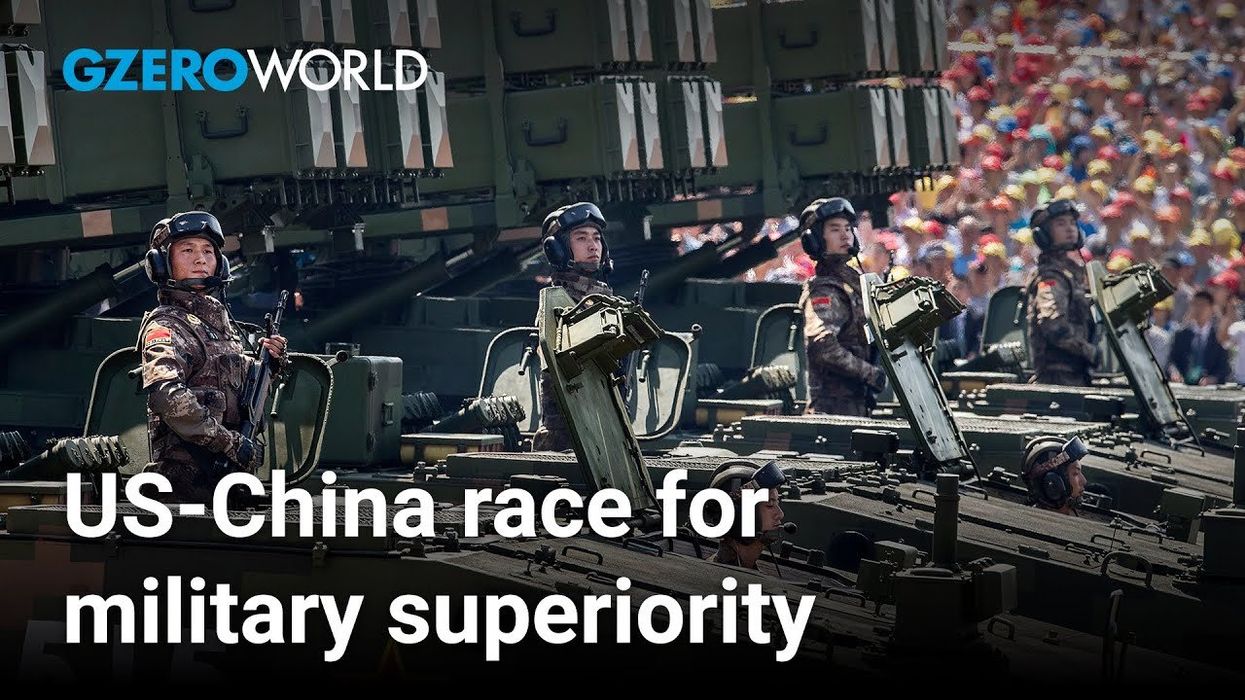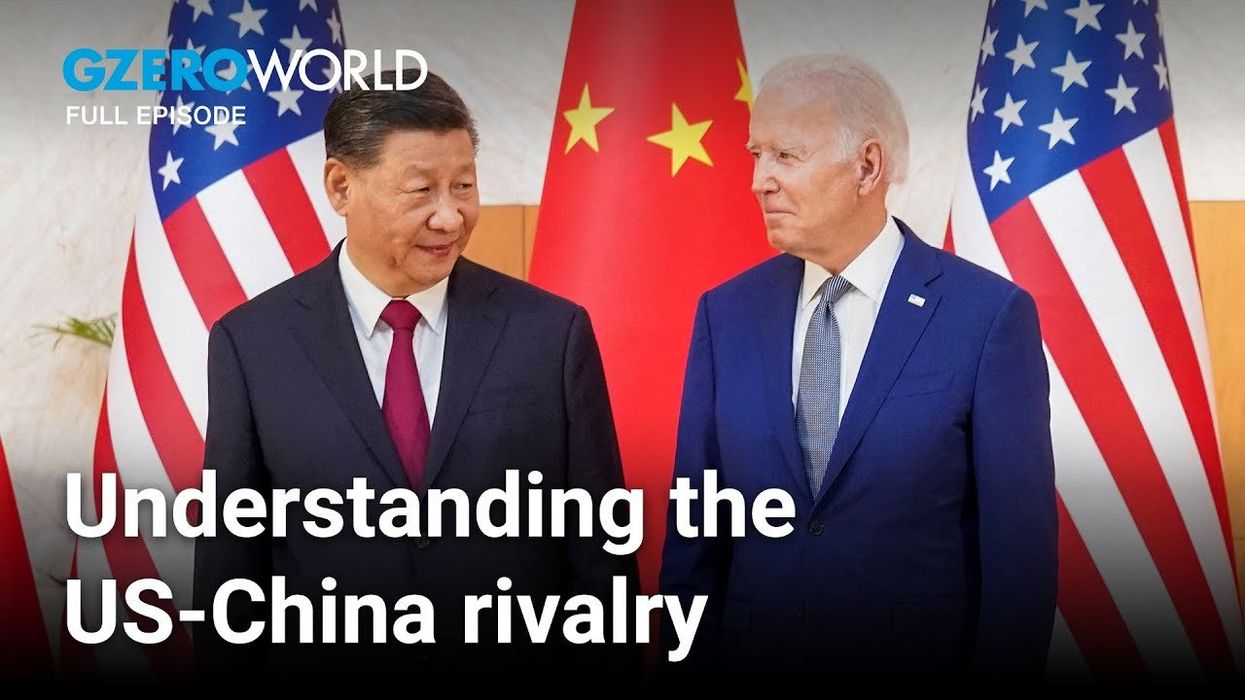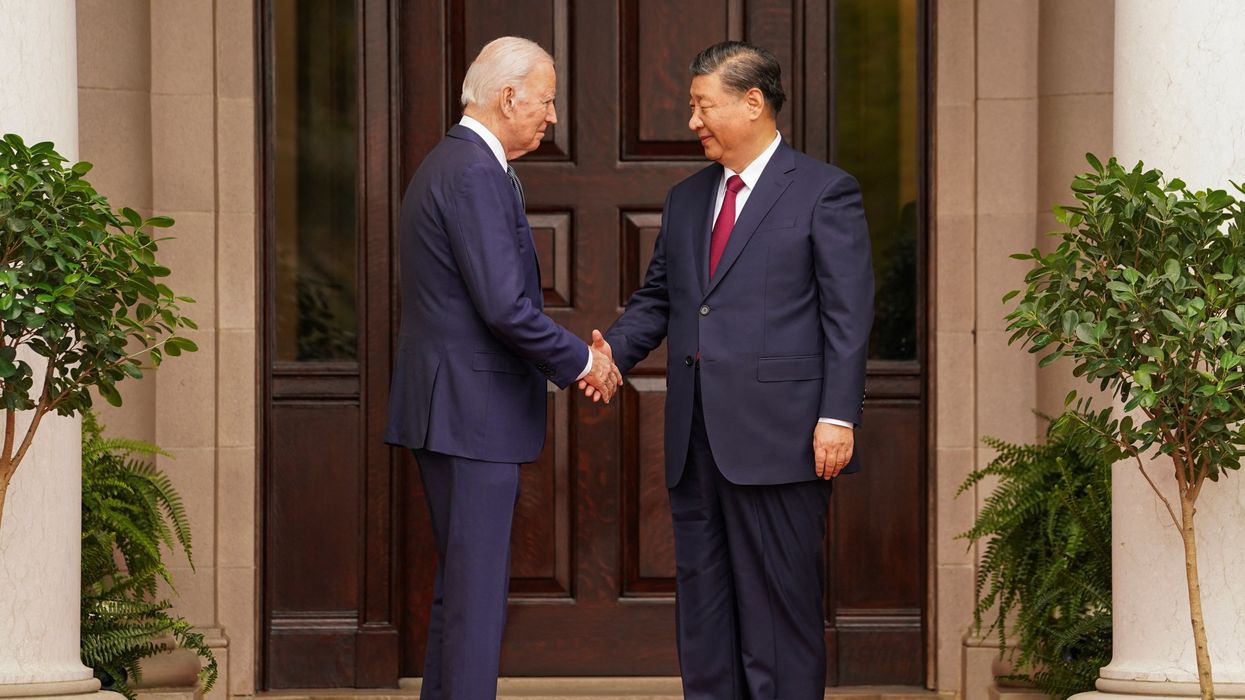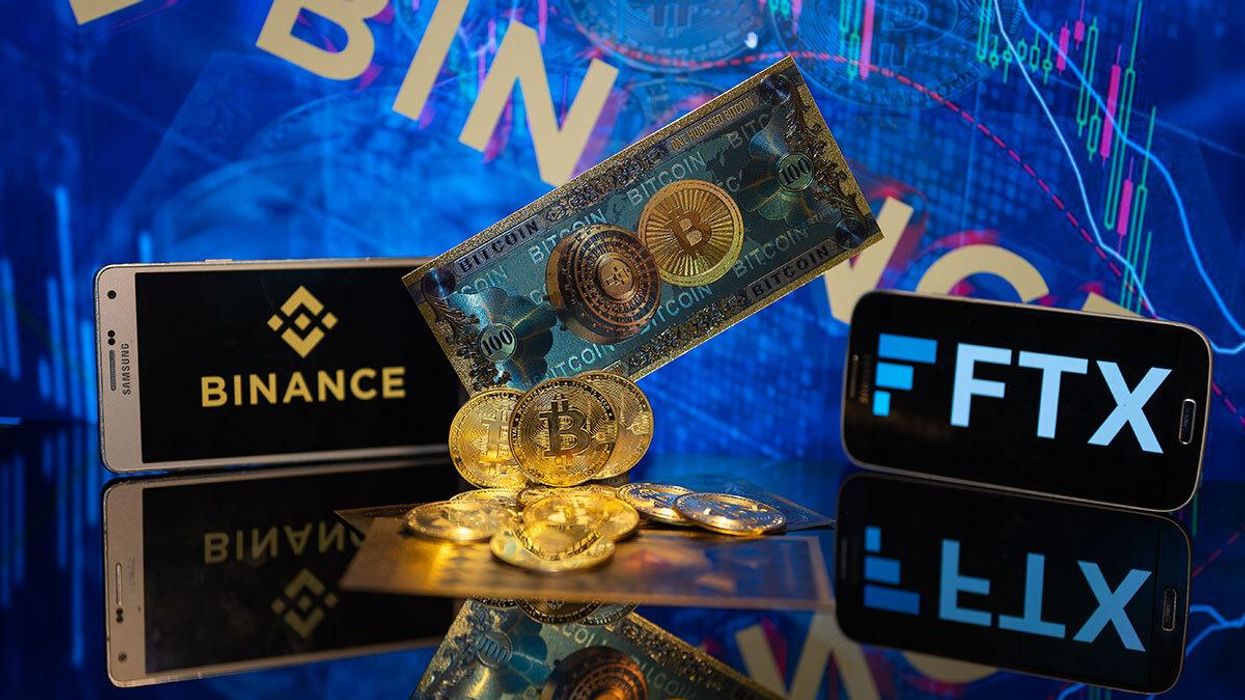GZERO World with Ian Bremmer
Are we on the brink of a new cold war?
“We are back in a period of superpower competition that will probably go on for decades. And that, if we're lucky, remains a cold war.” David Sanger, Pulitzer prize-winning national security correspondent for The New York Times, joins Ian Bremmer on GZERO World to offer a clear-eyed take on America’s adversaries.
Apr 29, 2024
